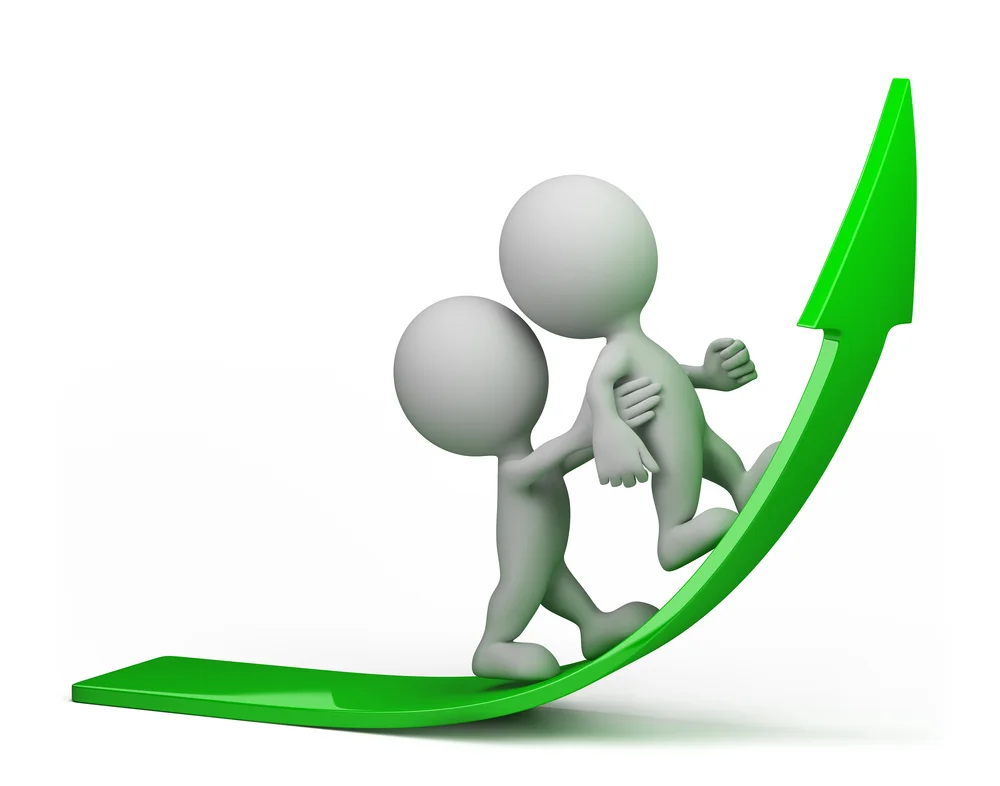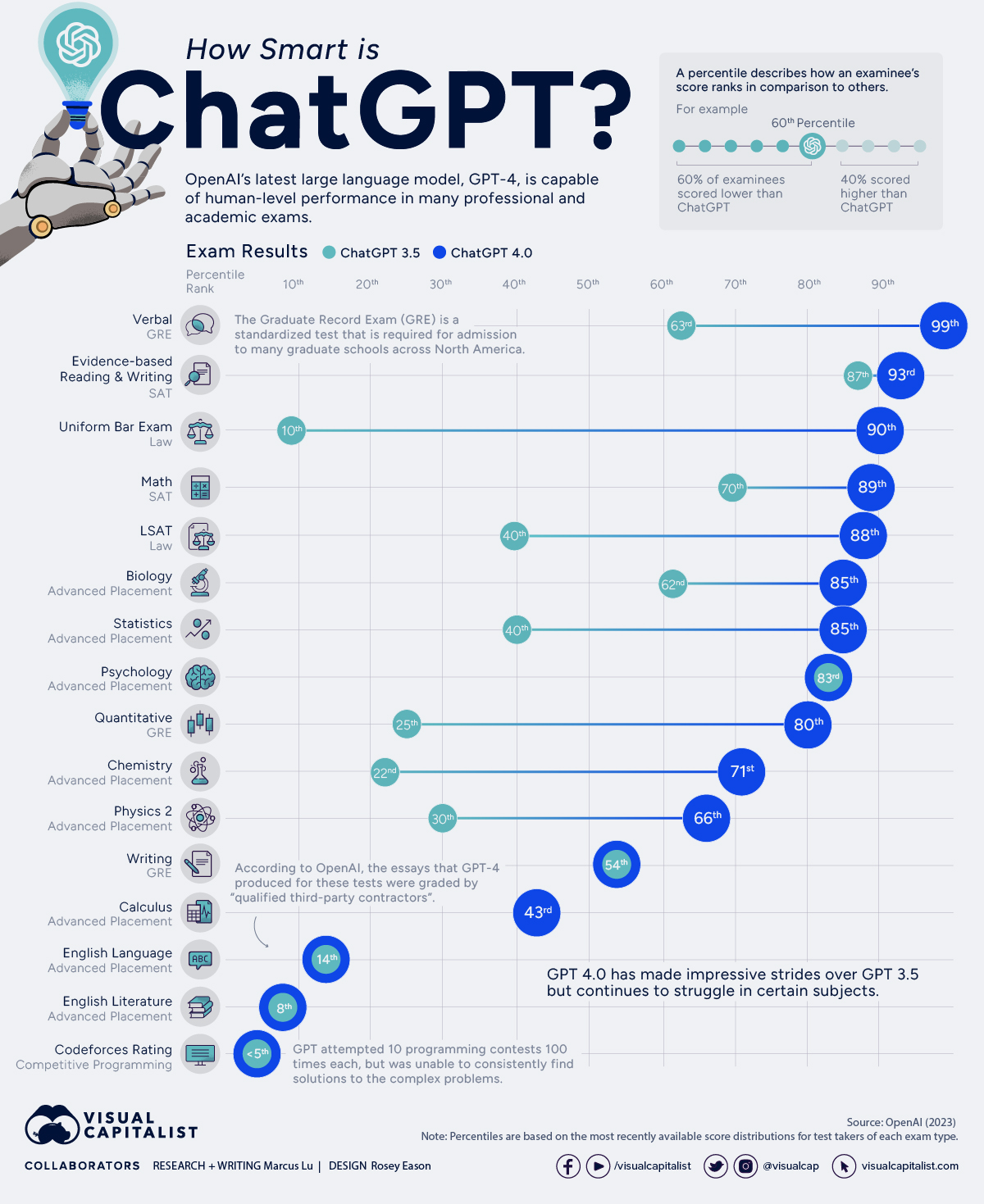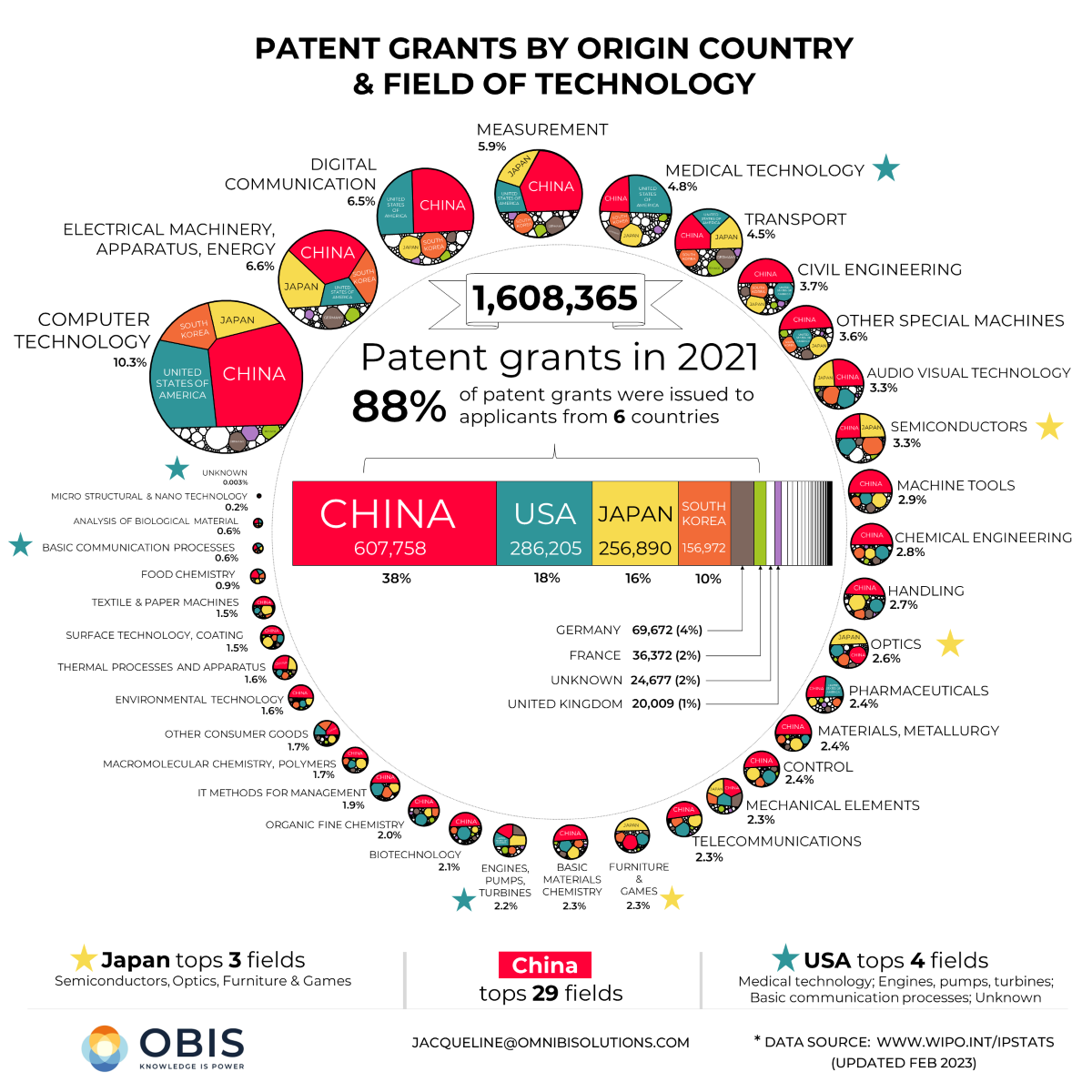Change is the only constant.
The World Government Summit put together a helpful interactive website where you can test your knowledge on the trajectory of key statistical indicators for the development of society over the past decade. It is more challenging than I imagined. Here is the text from their opening screen.
Can we estimate how much the world has changed in a decade? Or do our own experiences impact the perception of progress? This work challenges the assumptions we make about how key statistical indicators regarding Health, the Environment, or Education evolve through the years.
- The Shape of Change via the World Government Summit
You can click on the image below to test your knowledge of key issues shaping the world (like oil dependency, pollution, literacy, economic freedom, etc.) by answering some questions at "The Shape of Change."
The Shape of Change via the World Government
It also includes a table that tracks year-over-year changes in various indicators.
The Shape of Change via the World Government
The first part is like a guessing game where you try to predict the direction and the rate of change.
The second part, which involves reviewing the data table, was much more illustrative.
Were there any numbers that surprised you?




What Has Moved The S&P 500 in 2023?
Surface-level statistics - like whether something goes up or down over time - are helpful but don't explain much. I love looking at the patterns and statistics one step deeper.
This example isn't too deep, but it's helpful nonetheless.
VisualCapitalist compiled a chart covering what moved the S&P 500 so far in 2023.
The top 20 stocks accounted for 7.08% out of the 7.55% gain in 2023, but only 29% of the weight of the S&P.
If we look one step deeper than that, we realize that the majority of those stocks are not only Tech stocks, but they are stocks driving the rapid growth in AI. On top of the obvious ones, like Nvidia and AMD, you also have companies like Alphabet and Microsoft investing billions into OpenAI as they begin to leverage ChatGPT into their own chatbots.
The math gets even crazier, though. According to Rowan Cheung, editor of the RunDown AI newsletter, the S&P 500 would be up only 1.4% without the AI-led rally as of May 17, 2023.
One of the things we look for in understanding the performance of indexes like this is market breadth. If many of the S&P 500 companies are performing well, that's a sign of safety. When the market is positive due to the performance of only a few companies, it means you should understand and pay attention to the distinction between the market, as a whole, and the companies (or industries) driving the change. In this scenario, the AI-companies are masking the actual performance of the S&P. How long that can stay true (with banking uncertainty, debt ceiling issues, and more) remains to be seen.
Did you take away anything else from the chart?
Posted at 05:15 PM in Business, Current Affairs, Ideas, Market Commentary, Trading, Trading Tools, Web/Tech | Permalink | Comments (0)
Reblog (0)